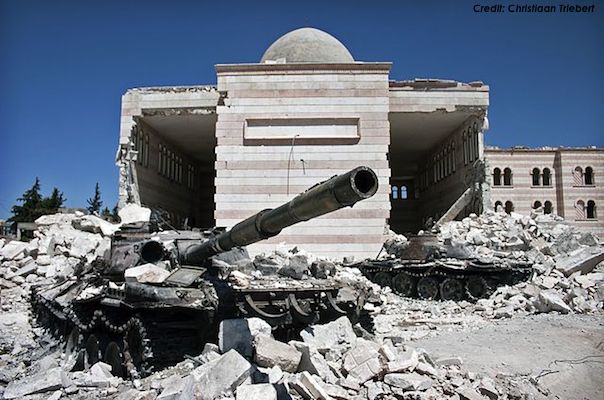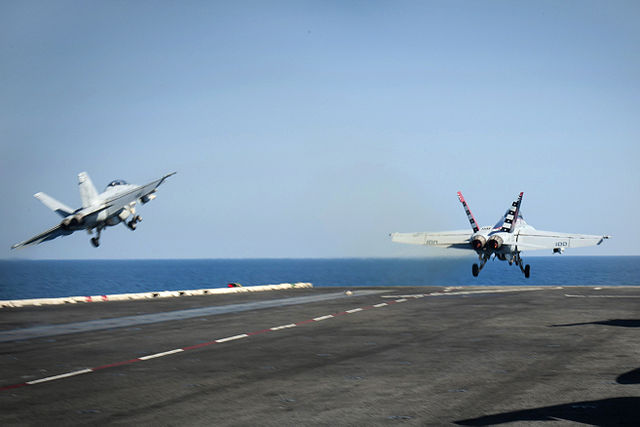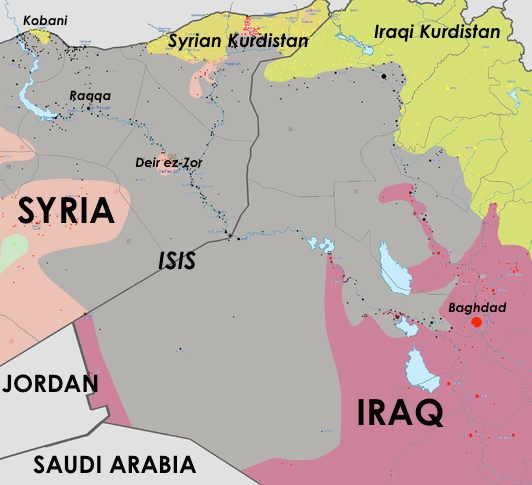In a piece yesterday in The Globalist, David Apgar argues that the Republican obsession with drumming up a scandal over Benghazi has forced the United States to disengage further with the world at a dangerous crossroads in history.
Partly as a result of the hearings, the United States has withdrawn its last 100 military personnel from Yemen, a special-forces group that has been productive in disrupting terror plots if not in stabilizing the poorest country in the region.
[…]
What explains the withdrawal is the veiled threat that Congress will hobble the State and Defense Departments with investigations as arbitrary, burdensome and costly as the Benghazi hearings every time someone sets fire to a U.S. base or captured U.S. personnel appear in garish jump suits kneeling on video in front of knife-wielding psychopaths.
[…]
Neither the Obama Administration nor future U.S. governments can afford the distraction promised for adverse outcomes of useful risks — risks like contributing to the MNF in 1983 and maintaining a presence in Benghazi, the heart of a nascent Libyan polity, in 2012.
Our retreat from Libya very likely reduced our (already very restricted) ability to keep a lid on the tense national situation and to be aware of rapidly developing situations on the ground. The transition fell apart into chaos. Likewise, while I don’t support most of what the United States has been doing in Yemen for years now, I think it was probably preferable that we maintain a physical and diplomatic presence as long as possible during its sputtering transition.
Every president has been skittish about embassy attacks since the Iranian hostage crisis lasted over a year and helped undermine Jimmy Carter politically as he headed into his unsuccessful re-election bid. But that was a pretty huge crises in its own right, without anyone manufacturing one beyond that. In this case, an already tragic event — the death of four Americans including a veteran diplomat — became such a political battleground, despite the facts and despite the lack of a coverup, that the Obama Administration had to be wary of any elevation of risk at any embassy anywhere in the entire Middle East North Africa region.
And so it is that the people accusing Democrats of “running scared” in the world and not “leading” — or whatever nonsense they’re blowing hard about due to their lack of nuanced understanding of world affairs — are the very same people raising the political risk of doing anything in the world so high that retreat is the only option.








